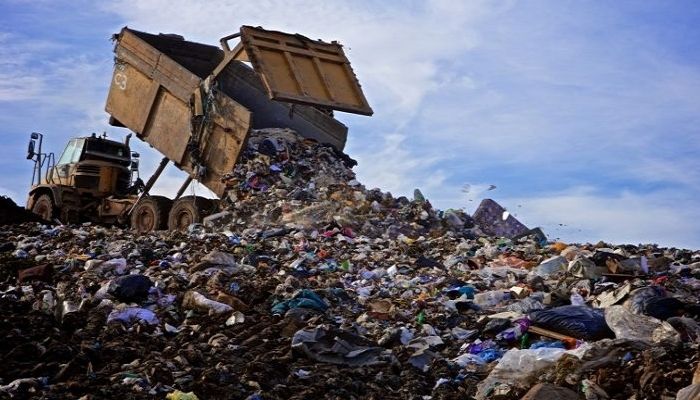Kogi State, blessed with rich natural resources, agricultural potential, and a strategic central location, faces one of the biggest urban challenges of our time—waste management. From Lokoja to Okene, Kabba to Ankpa, heaps of refuse are a common sight. Indiscriminate dumping clogs drainages, worsens flooding, spreads diseases, and degrades the environment.
But waste should not be seen as a problem—it is an opportunity. Through the circular economy, Kogi State can transform waste into wealth, jobs, and sustainable growth.
Learning from Lagos, Leading in Kogi
Lagos generates over 13,000 metric tons of waste daily. Yet through initiatives like the Lagos State Waste Management Authority (LAWMA), recycling hubs, and waste-to-wealth programs, parts of that waste are turned into raw materials, energy, and economic value.
Kogi may not generate as much waste as Lagos, but the principle remains the same:
Plastic bottles and nylons in Lokoja markets can be recycled into pavement blocks and interlocking tiles.
Cassava peels, rice husks, and maize stalks from Kogi’s farms can be converted into organic fertilizer, animal feed, or biofuel.
Scrap metals and e-waste can feed small industries, artisans, and even technology startups.
Why Kogi Should Act Now
Adopting a circular economy model will bring multiple benefits:
- Job Creation: Youth and women can build businesses in recycling, composting, and green manufacturing.
- Improved Public Health: Cleaner streets and proper waste disposal reduce malaria, cholera, and respiratory illnesses.
- Flood Control: Waste-free drainages reduce the risk of floods in Lokoja and beyond.
- Climate Action: Turning waste into energy cuts greenhouse gas emissions and promotes renewable energy.
Skills, Not Just Degrees
For Kogi to succeed, it must prioritize skills over paper qualifications. Waste management and the circular economy require hands-on skills in recycling technology, renewable energy, plastic engineering, composting, and entrepreneurship.
Institutions such as Kogi State Polytechnic and TVET centers can partner with NBTE and private investors to:
Train youths in waste-to-wealth enterprises.
Develop short vocational courses on recycling, biogas production, and green product design.
Support graduates with incubation hubs and microfinance to start small recycling businesses.
This way, the State is not only solving its waste crisis but also building a generation of skilled entrepreneurs, not unemployed degree holders.
The Way Forward for Kogi
Policy: Enforce waste segregation at source and support extended producer responsibility (EPR).
Public-Private Partnerships: Attract investors to establish recycling plants and waste-to-energy facilities.
Community Awareness: Sensitize citizens to see waste as a resource, not garbage.
Youth Empowerment: Integrate circular economy skills into TVET and community programs.
Conclusion
Kogi State stands at a turning point. By adopting a circular economy and investing in skills, not degrees, it can turn waste into jobs, innovation, and sustainable development.
Waste is not just waste—it is untapped wealth. If Lagos can begin to unlock its potential, Kogi too can lead the way and become a model for circular economy in Nigeria.
– Moses Salami writes from Kogi state.




